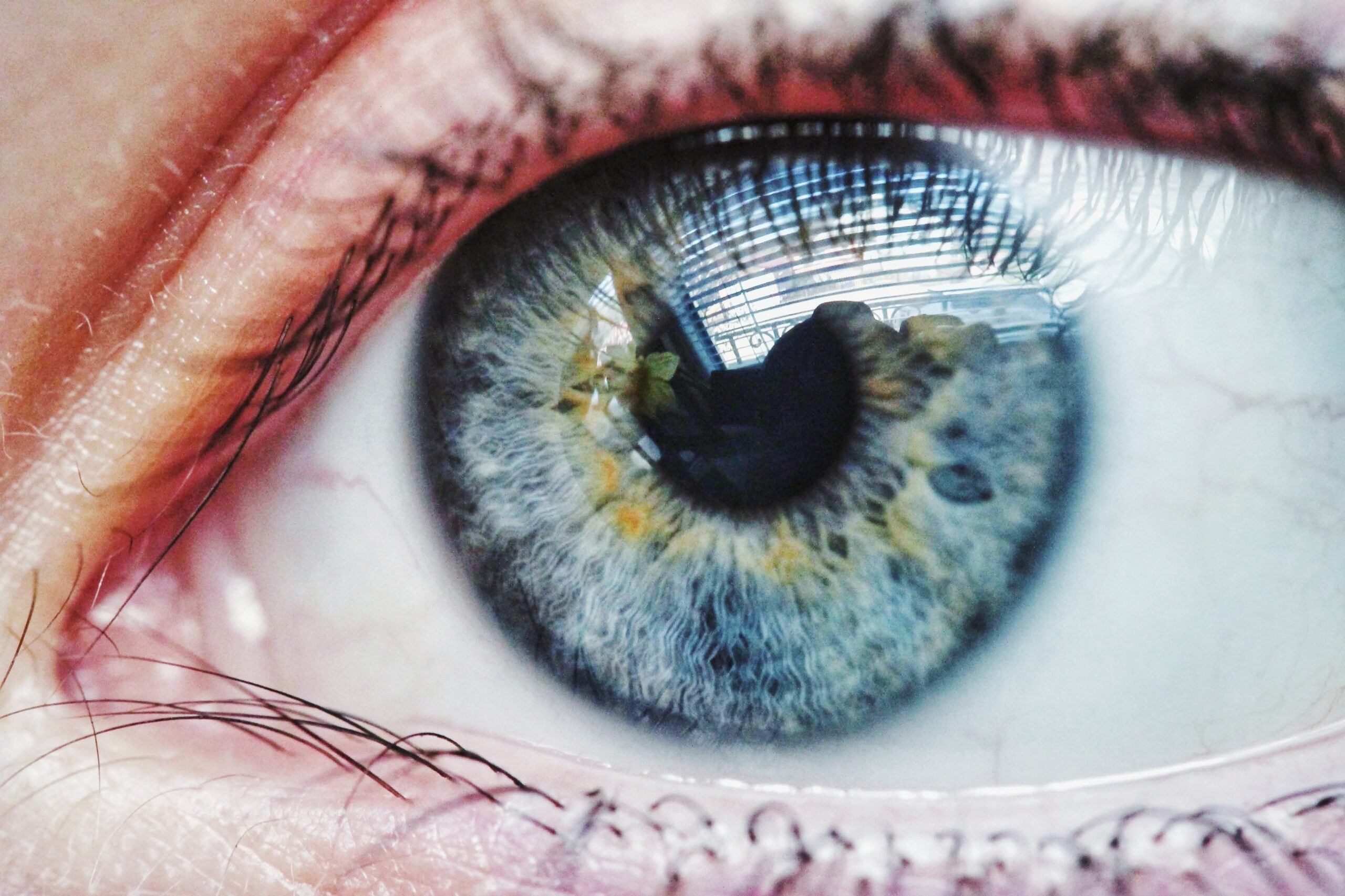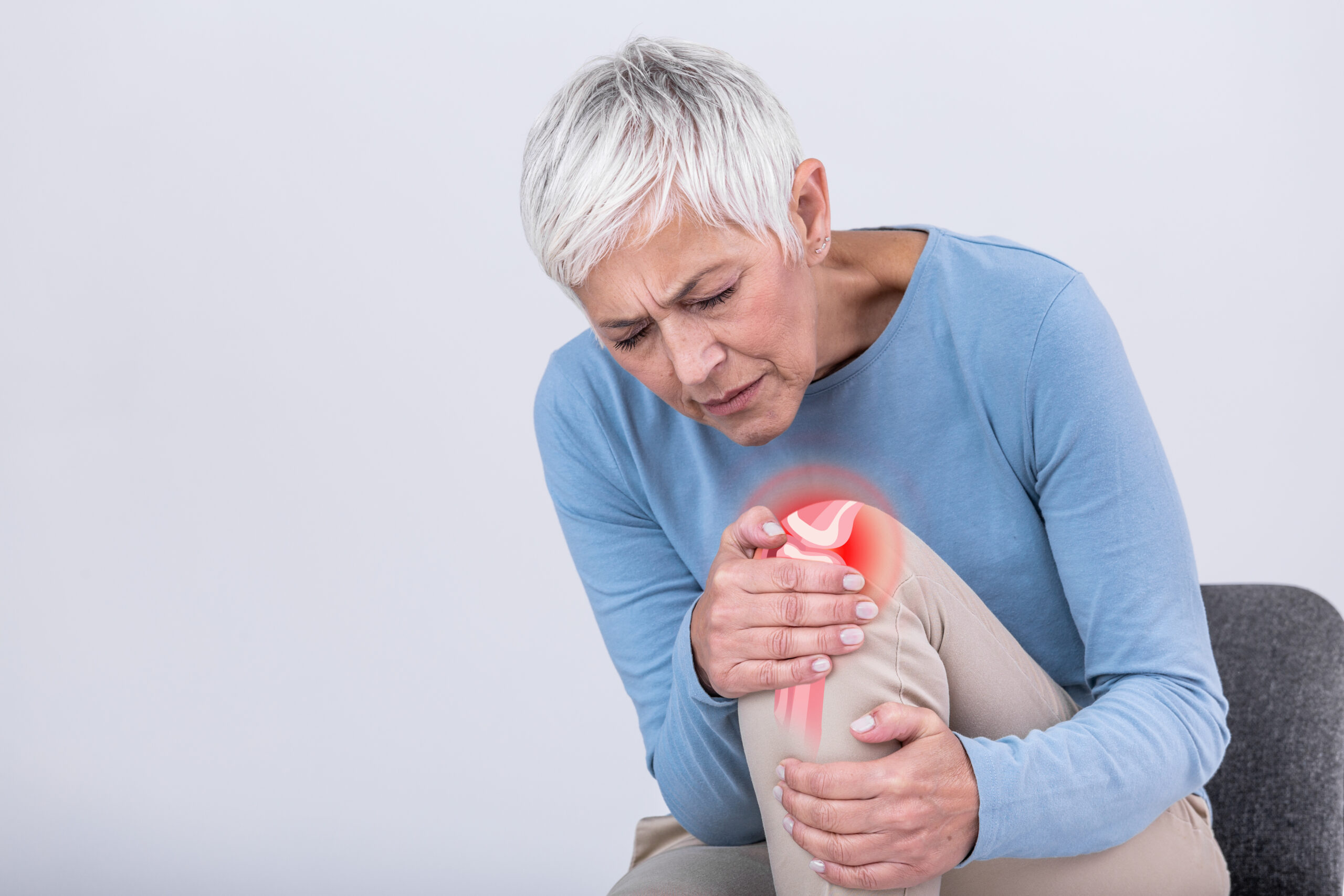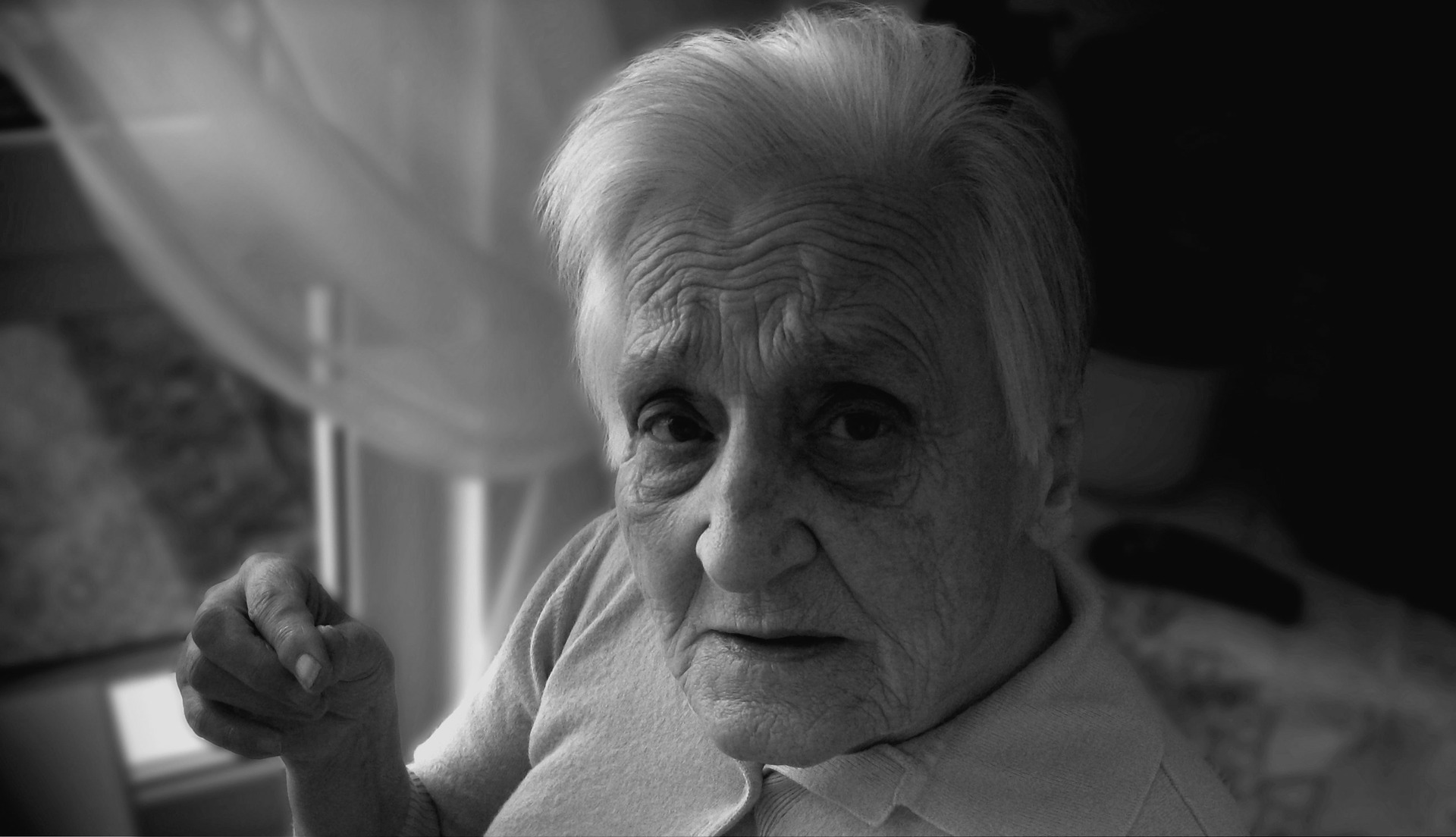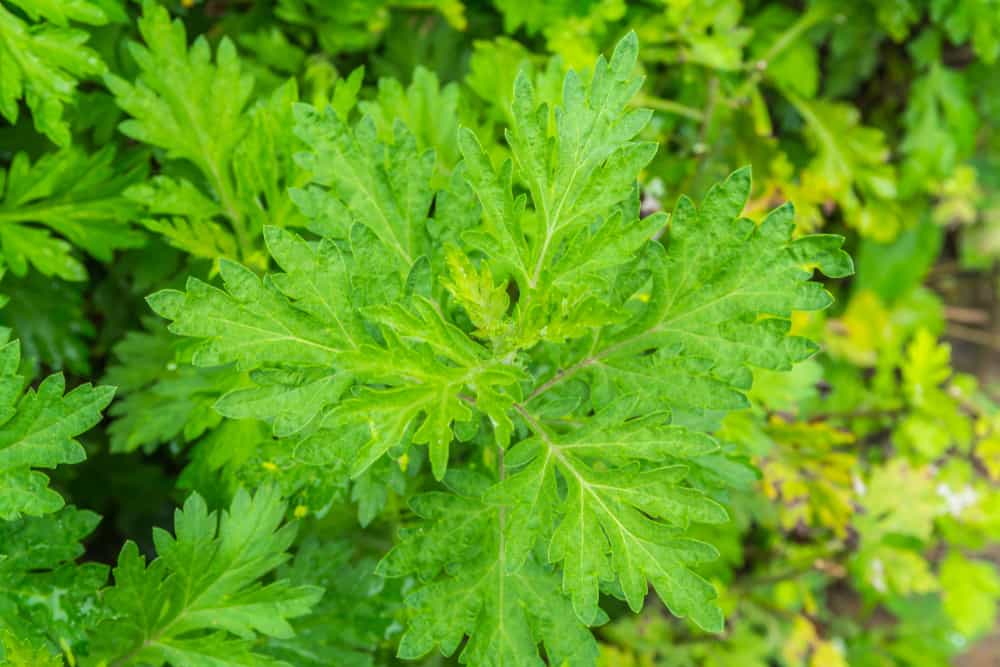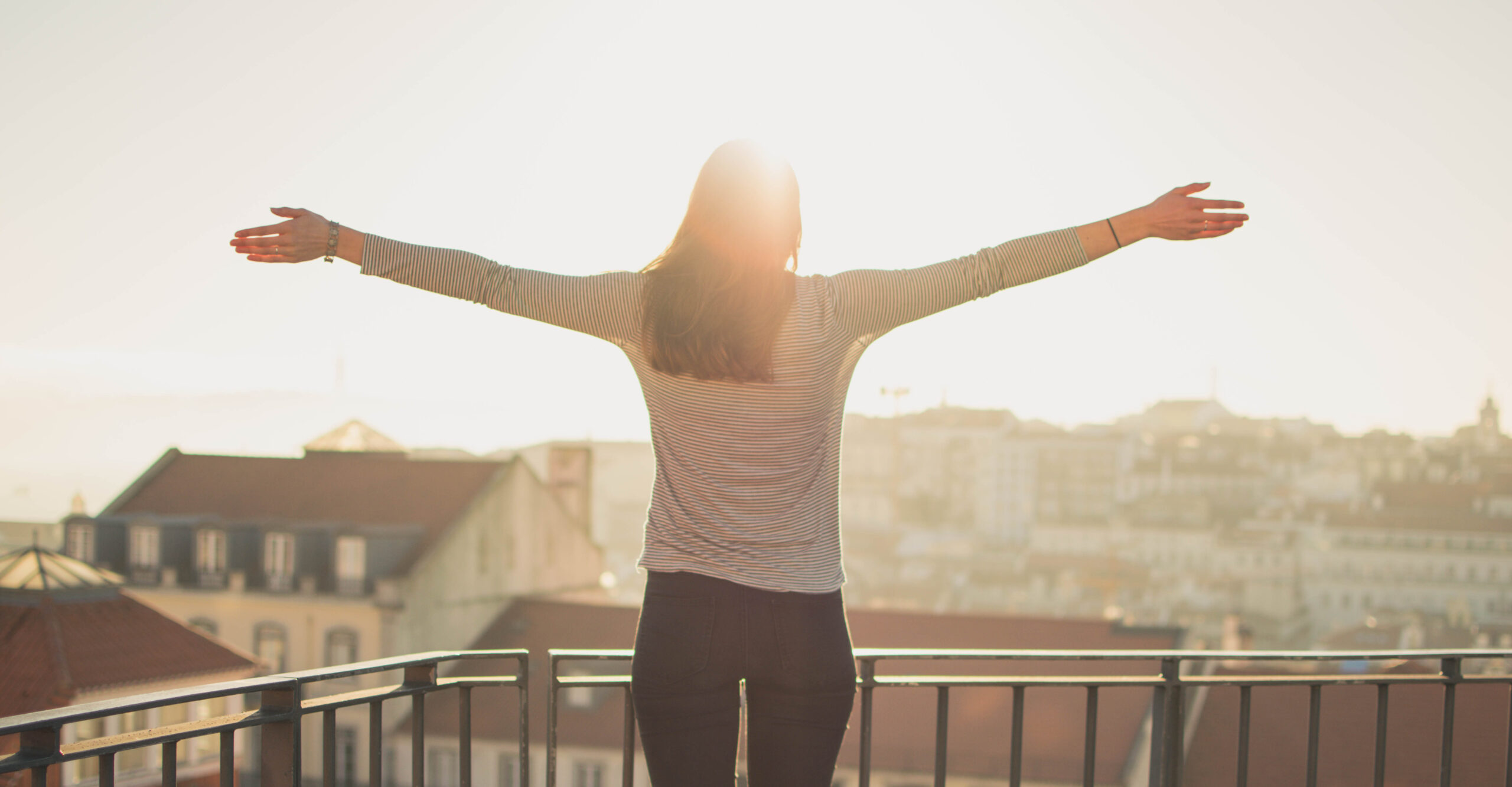
Blog post written by NH Hawes, author of Nature Cures: Recovery from Injury, Surgery and Infection
Many studies have concluded that low levels of the ‘sunshine vitamin’, vitamin D, in the body could play a part in reducing the immune system’s ability to fight off the Covid-19 virus. Vitamin D is manufactured in the skin from the sun’s rays and then stored in the liver for up to 60 days. It only takes 15 minutes of sunshine on the skin, a few days a week, to produce the vitamin D the body requires. Low levels will affect the immune system and can be caused by various factors, as follows:• Working or staying inside buildings during daylight hours.
• Covering the skin when going outside.
• Using sunscreen on all exposed skin before venturing outside.
• Being over the age of 60 as the body’s ability to manufacture and store vitamin D begins to deplete.
• Consuming too much alcohol.
• Having a compromised or damaged liver.
• Kidney disease.
• Gastrointestinal conditions such as Crohn’s, coeliac and non-coeliac gluten sensitivity or IBS.
• Skin disorders.
• Some medications.
Also, in the northern hemisphere of planet Earth, where most human beings reside, the sun’s rays are too weak to allow this process to take place from 1st October until 1st April every year. As the body’s stores of this vitamin become depleted, after 30-60 days, humans become prone to infections in the winter, especially viral and bacterial infections of the respiratory and sinus tracts. Therefore, there are far more outbreaks of viral colds, influenzas and pneumonia from November until April.
Vitamin D deficiency is on the rise because people have become aware of the risks of skin cancer caused by exposure to the sun’s harmful rays and either use sunscreens or cover up or avoid the sun completely. Sunscreens with a sun protection factor (SPF) of 8 or more appear to block vitamin D-producing UV rays, although, in practice, people do not apply sufficient amounts, cover all sun-exposed skin or reapply sunscreen regularly. Therefore, skin likely synthesises some vitamin D even when it is protected by sunscreen as typically applied.
Those with dark skin have less ability to produce vitamin D as over 90% of the sun’s rays cannot penetrate the skin This is also applicable to those who maintain a deep suntan over a period of time. This may explain why BAME people have been hardest hit by the Covid-19 virus.
Fifteen minutes of midday sunshine on bare skin can provide all the body needs. It is not the same as sunbathing; the skin simply needs to be exposed to sunlight a few days a week. UVB radiation does not penetrate glass, so exposure to sunshine indoors through a closed window does not produce vitamin D. Over-exposure to the sun’s rays can be dangerous for the skin but no exposure at all can be equally detrimental to our health. Complete cloud cover reduces UV energy by 50%; shade (including that produced by severe pollution) reduces it by 60%. This may also explain why the Covid-19 virus seemed to be especially prevalent and dangerous in polluted areas.
Vitamin D also protects against vascular disease via several different mechanisms, including reducing chronic inflammatory reactions that contribute to the pathology of the disease. Vitamin D also improves blood circulation throughout the body, which is essential for the heart to function properly. This helps reduce the risk of blood clots causing heart attacks, heart failure, strokes and other problems. Therefore, deficiency of vitamin D may also be the cause of these outcomes in the more serious Covid-19 cases.
Levels of vitamin D can be replenished marginally by consumption of vitamin D-rich foods such as:
o Krill oil
o Eel
o Maitake mushrooms
o Rainbow trout
o Cod liver oil
o Mackerel
o Salmon
o Halibut
o Tuna
o Sardines
o Chanterelle mushrooms
o Raw milk
o Egg yolk
o Caviar
o Hemp seeds
o Portabella mushrooms
However, often vitamin D levels drop too low and enough of these foods cannot be consumed to correct it. It is then that vitamin D supplements are required. It must be vitamin D3 that is consumed as the body cannot absorb vitamin D2. Plus, as it is a fat-soluble nutrient, it can only be absorbed into the body with some oil; consequently, vitamin D3 in oil capsules is the best way to ensure absorption.
The optimum level of vitamin D in the blood should be 50-70 ng/ml and up to 100 ng/ml to treat cancer and heart disease.
It is particularly important to have a blood test to determine vitamin D levels, especially if any of the following health issues are present:
• Abdominal pain
• Age-related macular degeneration
• Anorexia
• Autoimmune disease
• Bacterial infections
• Bone disorders
• Burning sensation in the mouth and throat
• Cancer
• Chronic fatigue
• Colds and coughs
• Confusion
• Constipation and diarrhoea
• Dehydration
• Dementia
• Depression
• Diabetes mellitus
• Dry eye syndrome
• Fibromyalgia
• Fungal infections
• Hypertension (high blood pressure)
• Influenza
• Irritable bowel syndrome • Insomnia
• Kidney disorders
• Liver disorders
• Loss of appetite
• Lower back pain
• Multiple sclerosis (MS)
• Muscle weakness or pain
• Nausea and vomiting
• Obesity
• Osteoarthritis
• Osteomalacia
• Parasite infections
• Peripheral neuropathy
• Polyuria (producing large amounts of diluted urine)
• Polydipsia (abnormally high thirst)
• Poor appetite or loss of appetite
• Rheumatoid arthritis
• Seizures – can be fatal
• Skin disorders (eczema and psoriasis)
• Systemic lupus erythematosus
• Tetanus
• Viral infections including Covid-19
• Visual problems
• Weakened immune system
In conclusion, the evidence that vitamin D may have an influence on the Covid-19 pandemic and should be tested for is as follows:
• Covid-19 became prevalent from November 2019 to April 2020, peaking in March 2019 when levels would be particularly low.
• Became more prevalent in polluted areas.
• Higher numbers of the BAME community had serious, and often fatal, outcomes.
• Persons over 60 were hardest hit.
• Persons with underlying health issues, often made worse by vitamin D deficiency, were hit harder.
If you feel you may have low levels of vitamin D, get a blood test done by your doctor as soon as possible. Also make sure that in November 2020 you get your levels checked again. This is important to help you fight off all viral infections, including colds and influenzas and especially the Covid-19 virus.
